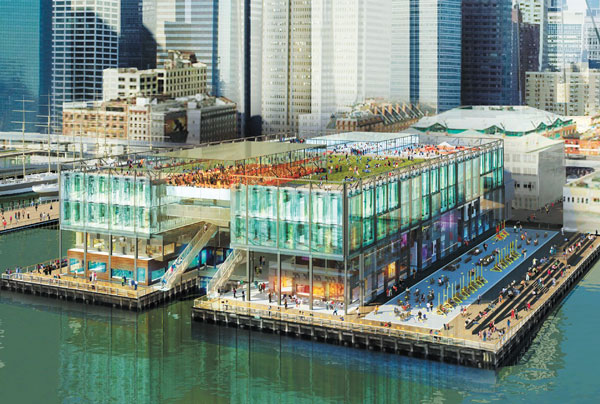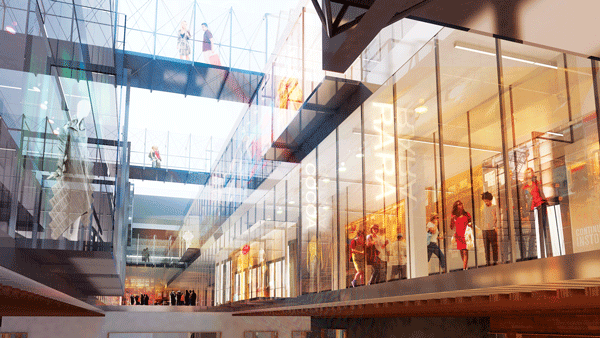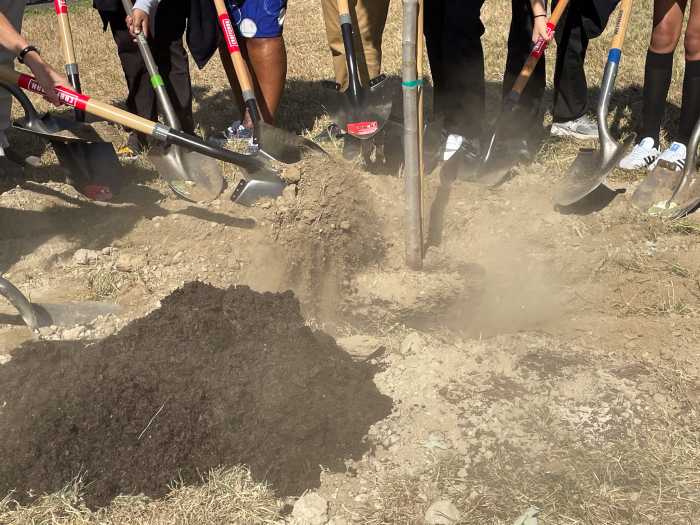Short of an effective vaccine or treatment, New York’s best hope for containing COVID-19 and allowing businesses to kick into higher gear will be expanded testing to help track clusters and slow the spread.
Though hundreds of thousands of New Yorkers have already been tested, the city’s government remains convinced that far more testing is required — with results rapidly returned — in order for more businesses to reopen and economic activity to increase.
Recently, the city’s Economic Development Corporation embarked on a request for proposals seeking firms from across the city, state and country that would be willing to develop a rapid COVID-19 testing program for doctors and hospitals, and even available over the counter to the average consumer.
The ideal rapid COVID-19 test, according to Susan Rosenthal, vice president of EDC’s Life Sciences Division, would be affordable (less than $10 per test), easily mass-produced, easy to use, accurate, swift in diagnosis, and quick to return results to the proper agencies.
“The model for at-home and over-the-counter tests is still evolving. We have to see how they will be used to make sure they are accessible to everyone,” Rosenthal said in an interview with amNewYork Metro on Monday. “Right now, the rapid tests [currently used to detect COVID-19] are either lab-based or point of care-based, so they’re all in the health care setting.”
The open-ended request for proposals, to date, have resulted in 31 applications from firms locally and abroad. Rosenthal said the EDC is utilizing numerous criteria in examining each proposal and working to verify the claims that each applicant makes to the test model’s swiftness and accuracy.
“We have many tech reviewers of these test and we are committed to bringing tests that are high quality and highly accurate,” she added. “We have been working with NYC Health + Hospitals and other technical experts to evaluate the tests ourselves. If we see something with low sensitivity, we’re not going to put that unit in front of our adviser.”
Low sensitivity, in this case, means a test susceptible to making false COVID-19 positive results.
Currently, the rapid tests available to the city involve nasal or saliva swabs. Rosenthal said the city does not have a preferred method of how the rapid COVID-19 test should be modeled, but hope the at-home exams would resemble rapid tests in use internationally, with functionalities akin to home pregnancy kits.
“The at-home test we’re seeing in other countries are similar to a pregnancy test in that they display a result in the form of a color change,” she added. “But we want to make sure they are interpreted properly and that the results are reported. For us to know what’s happening with COVID, we need to know where people are testing positive or negative.”
One idea to track the results of each at-home test, when available, would be utilizing a QR code which the user can scan with their smartphones to pass the data on to state and city health agencies.
For now, however, the focus is on having the new rapid COVID-19 tests developed for doctors and health care facilities across the city to enhance the treatment of their patients and expedite the detection process. The city will continue to consider various test proposals as they come in, hoping that technological advances will lead to even better and more rapid tests down the road.
“We welcome all apps. We hope to continue to see great science,” Rosenthal said. “This is all part of the longer term recovery plan. There’s getting through COVID, and then there’s supporting the economic recovery of New York, and this is part of that. We hope to work with our partners at the Test and Trace Corps and NYC Health + Hospitals, but we also hope to work with the private community, with the goal of managing COVID and supporting the economic recovery.”
results quickly, reliably, and at scale. Selected respondents may have the opportunity to advance product development through access to City resources (ie: expertise of health agencies, City-owned real estate assets for R&D and manufacturing, or contracts for purchase of rapid tests). Diagnostic test manufacturers, suppliers, developers, and academics are all invited to submit proposals.
More information on the city’s rapid test proposal can be found on the EDC’s website, edc.nyc/rapidtesting.




































